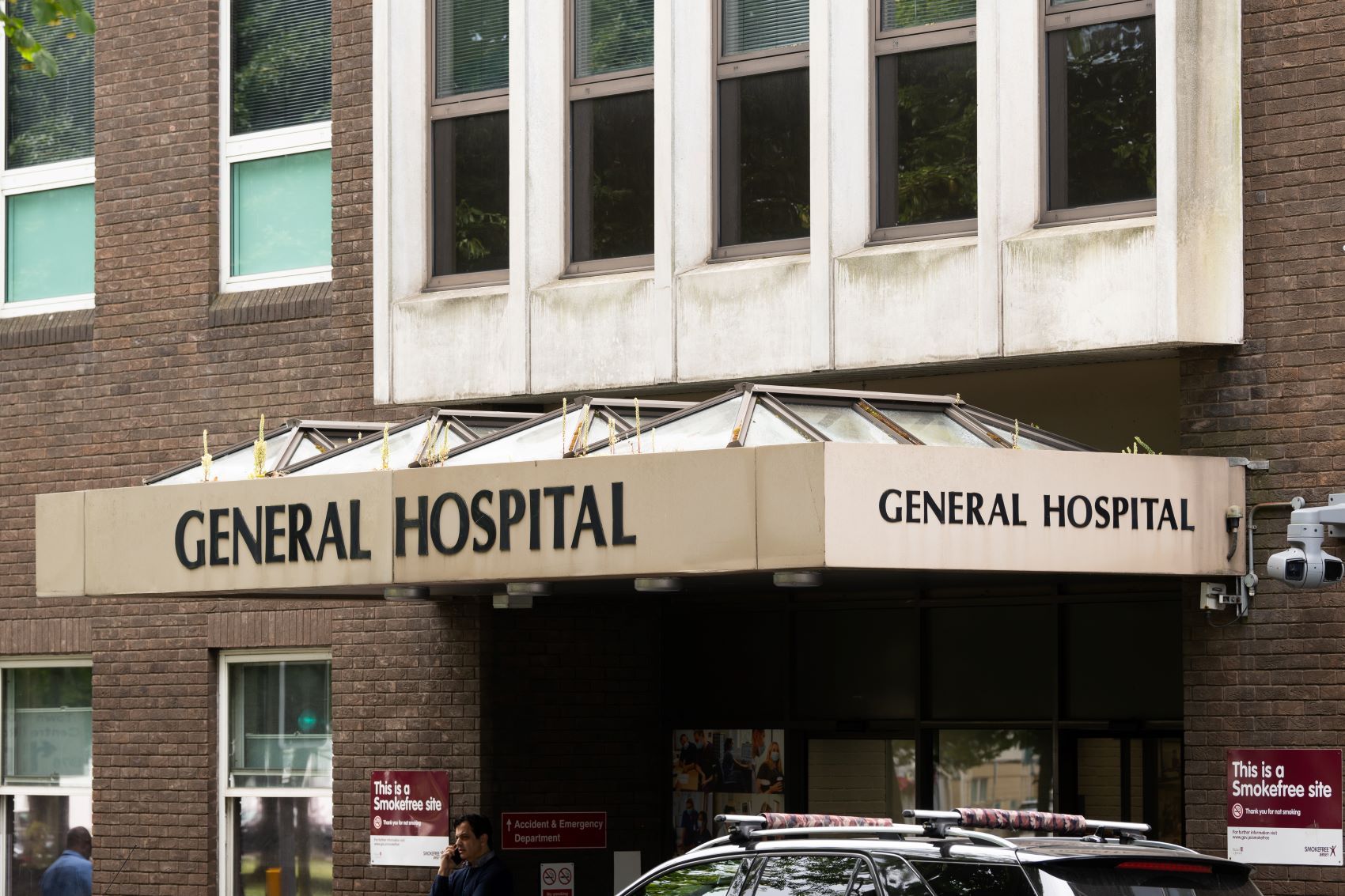


Around 1,400 companies based in Jersey will face a new tax in 2025 expected to bring in millions that will help fund the construction of a new hospital – though some have queried whether bringing in the global standard could damage the island’s competitiveness on the international stage. Express explores...
The States Assembly this week agreed that Jersey should apply a 15% minimum tax rate on companies with global annual profits of more than €750 million.
The new 'Multinational Corporate Income Tax' (MCIT) forms part of Jersey's commitment to a new worldwide initiative by the OECD, which is designed to stop global companies from shifting their profits around the world to avoid paying tax.
Guernsey has forecast that the new rules could bring in £30m, whereas Jersey estimates that it will raise more than £50m for the island annually – money which it's hoped can be put towards the construction of the new hospital.

Pictured: Upgrading Jersey's health estate and constructing a new hospital at Overdale may be funded in part by the new tax.
Over 95% of Jersey companies will be unaffected by this Pillar 2 legislation and will remain within the existing Jersey income tax regime.
Jersey's rules apply the OECD's logic but also take account of certain instances of double taxation, the Government said.
The island will impose a top-up tax on low-taxed profits outside of the island under the OECD's Pillar 2 Income Inclusion Rule (IIR) but will not apply the Undertaxed Profits Rule (UTPR).
As an Economic Affairs Scrutiny Panel report recently recognised, "there is something of a mixed perception as to whether the introduction of a global minimum tax will provide a positive outcome for Jersey".
Ben Shenton, a former Senator with a long career in the finance industry, went so far as to say: "The 15% agreement marks the end of Jersey as a tax haven. A tombstone should be erected to mark this occasion.
"The problem is that, as an International Finance Centre our USP is not strong. We may make a lot of international friends doing as we are told, and the decision to keep in step may be logical to the majority who are looking short-term, but will we regret this momentous decision in the future? Will business really stay with a 15% corporation tax and extreme pressure to relocate?"
Treasury Minister Elaine Millar said the Government is "committed to providing an internationally competitive business environment in Jersey and is working with industry and the Jersey Financial Services Commission in a tri-partite Ministerial Working Group".
One of the outcomes of that, she said, will be a new "Pillar 2-compliant Qualifying Refundable Tax Credit (QRTC) regime".

Pictured: Treasury Minister Elaine Millar.
She said the new credit regime will be "effective in incentivising business growth and deepening business ties with Jersey".
The Minister added that the aim was to provide "the highest standards of customer service" and that the Government will be "keeping the Pillar 2 administrative burden in Jersey as low as possible, within the boundaries of the OECD global rules".
However, the Scrutiny review noted that Jersey's drive to remain competitive could also be problematic.
Noting that Jersey has collaborated with other Crown Dependencies on working out how to implement the OECD's rules, the Scrutiny Panel report said: "variations in policy details among the Crown Dependencies could lead to differences that undermine the effectiveness of this cooperation, particularly if Jersey is seen to be overly competitive in its approach."
The Panel also pointed out that Jersey's decision to "act as a 'fast follower' rather than an 'early adopter' could be viewed as prioritising competitive advantage over international collaboration".
The panel also looked at the risk of inconsistencies in how different jurisdictions apply the new rules and differences between tax and accounting rules could lead to exploitation.
"For instance, the UK has implemented anti-arbitrage rules in response to avoidance transactions designed to qualify for transitional safe harbour provisions under the Pillar 2 framework. Such actions highlight the risk of 'gamesmanship' where MNEs might leverage loopholes or inconsistencies within the global tax rules," their report read.
"...These fears underscore the need for Jersey to remain vigilant and adaptable, ensuring that its legislation is robust and capable of addressing potential exploitation."
The change was debated in the States Assembly this week, and adopted, meaning it will be coming into play next year.
The #StatesAssembly voted to APPROVE the proposition in the third reading, as amended by the Minister for Treasury and Resources, Deputy @ElaineMillarJsy. The amendment proposes to ensure that the referenced provisions align with current OECD Pillar 2 guidance.
— States Assembly - Jersey's elected parliament (@StatesAssembly) October 22, 2024
There were 38… https://t.co/TQdqwWhFnV
Following the debate, Jersey's Minister for External Relations, Deputy Ian Gorst, who has political responsibility for financial services, said: "The passing of this legislation maintains Jersey's reputation as a forward-thinking jurisdiction that is fully aligned with international tax initiatives developed by standard-setting bodies like the OECD.
"I am confident that Jersey is well positioned to implement this new Pillar 2 regime and maintain a globally competitive business environment for our taxpayer customers worldwide."
Affected taxpayers and their advisers can also contact Revenue Jersey officers with any questions or requests by email at pillar2@gov.je.
Scrutiny to review impact of "significant" tax reform
Global minimum tax rate to face Jersey vote in October
Islands pledge to work together on global minimum tax plan
New global tax rules could be "game-changer"
Growing list of loopholes reducing the impact of global minimum tax rate of 15%
15% tax rate for multinationals from 2025 to provide boost for Treasury
1,000 firms likely to be taxed 15% on profits from 2024
City of London 'seeking exemption from global minimum tax'
Comments
Comments on this story express the views of the commentator only, not Bailiwick Publishing. We are unable to guarantee the accuracy of any of those comments.